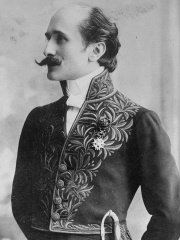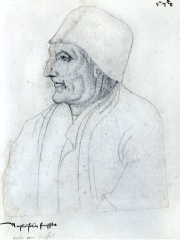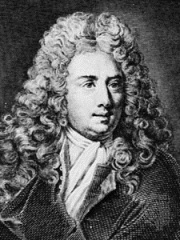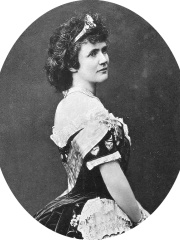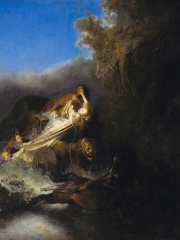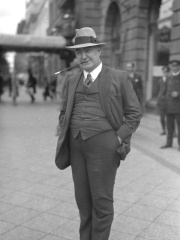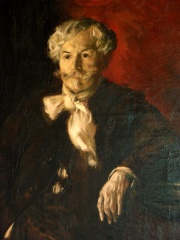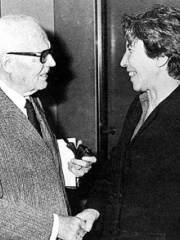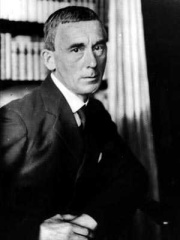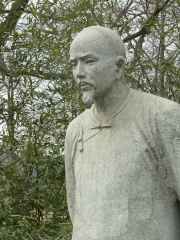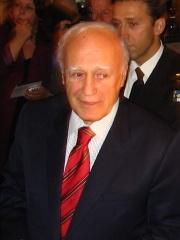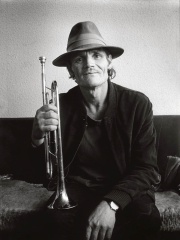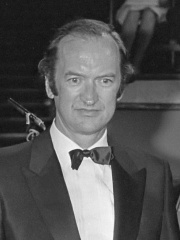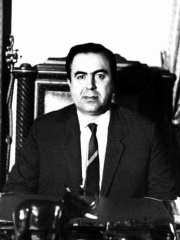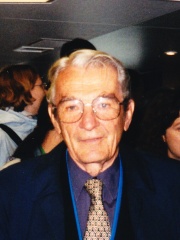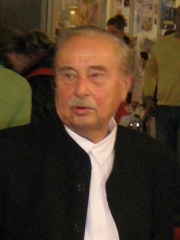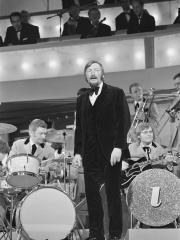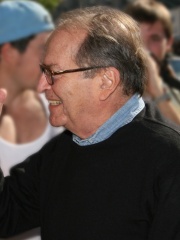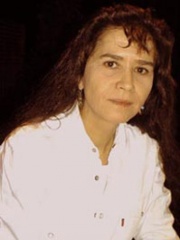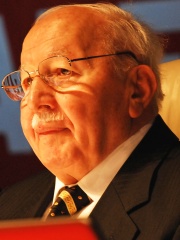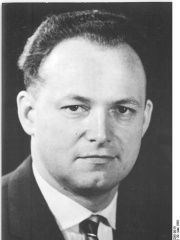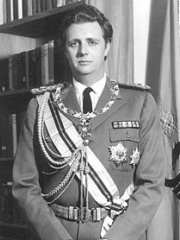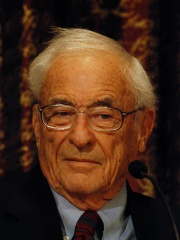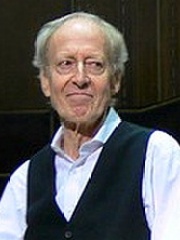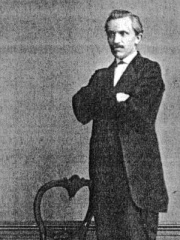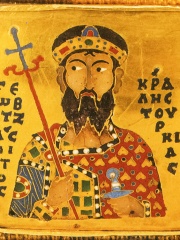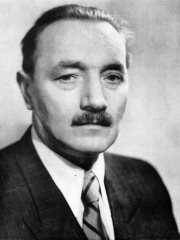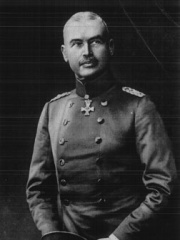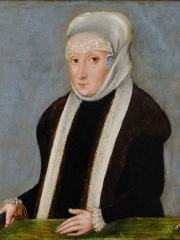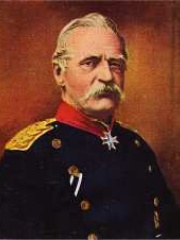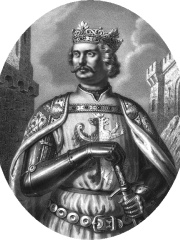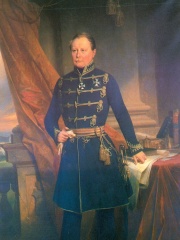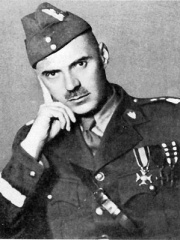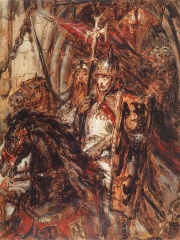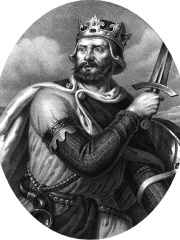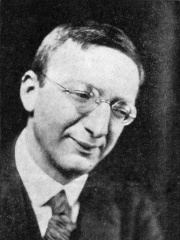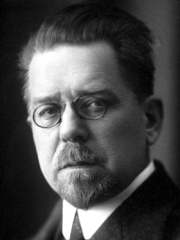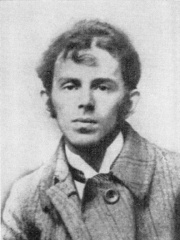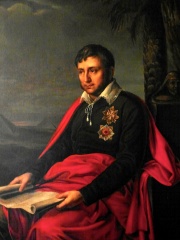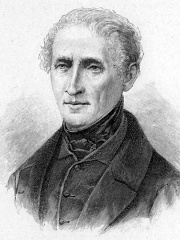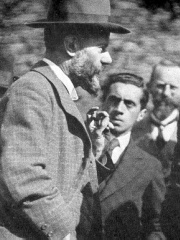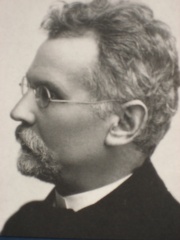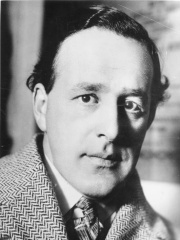Writer
Christa Wolf
1929 - 2011
EN.WIKIPEDIA PAGE VIEWS (PV)
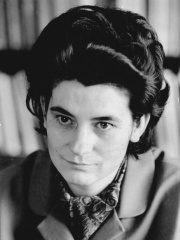
 Christa Wolf
Christa Wolf
Her biography is available in 55 different languages on Wikipedia (up from 53 in 2024). Christa Wolf is the 750th most popular writer (down from 749th in 2024), the 153rd most popular biography from Poland (up from 159th in 2019) and the 14th most popular Polish Writer.
Christa Wolf is most famous for her novel "The Quest for Christa T."
Memorability Metrics
Page views of Christa Wolf by language
Among Writers
Among writers, Christa Wolf ranks 750 out of 7,302. Before her are Edmond Rostand, Jean Froissart, Antoine Galland, Elisabeth of Wied, Claudian, and Edgar Wallace. After her are Berossus, Edmond de Goncourt, Natalia Ginzburg, Hugo Ball, Cao Xueqin, and Ibn Hawqal.
Most Popular Writers in Wikipedia
Go to all RankingsEdmond Rostand
1868 - 1918
HPI: 70.18
Rank: 744
Jean Froissart
1337 - 1405
HPI: 70.18
Rank: 745
Antoine Galland
1646 - 1715
HPI: 70.17
Rank: 746
Elisabeth of Wied
1843 - 1916
HPI: 70.16
Rank: 747
Claudian
370 - 404
HPI: 70.15
Rank: 748
Edgar Wallace
1875 - 1932
HPI: 70.12
Rank: 749
Christa Wolf
1929 - 2011
HPI: 70.12
Rank: 750
Berossus
400 BC - 300 BC
HPI: 70.12
Rank: 751
Edmond de Goncourt
1822 - 1896
HPI: 70.11
Rank: 752
Natalia Ginzburg
1916 - 1991
HPI: 70.10
Rank: 753
Hugo Ball
1886 - 1927
HPI: 70.09
Rank: 754
Cao Xueqin
1724 - 1763
HPI: 70.07
Rank: 755
Ibn Hawqal
943 - 988
HPI: 70.03
Rank: 756
Contemporaries
Among people born in 1929, Christa Wolf ranks 52. Before her are Frano Selak, Graham Hill, Karolos Papoulias, Mohamed Al-Fayed, Chet Baker, and Nikolaus Harnoncourt. After her are Nureddin al-Atassi, Ivar Giaever, Milorad Pavić, Bruno Cremer, John Cassavetes, and James Last. Among people deceased in 2011, Christa Wolf ranks 36. Before her are Gary Moore, Sidney Lumet, Maria Schneider, Necmettin Erbakan, Baruch Samuel Blumberg, and Manfred Gerlach. After her are Jane Russell, Leka, Crown Prince of Albania, Willard Boyle, Baruj Benacerraf, John Barry, and Amy Winehouse.
Others Born in 1929
Go to all RankingsFrano Selak
WRITER
1929 - 2016
HPI: 70.77
Rank: 46
Graham Hill
RACING DRIVER
1929 - 1975
HPI: 70.66
Rank: 47
Karolos Papoulias
POLITICIAN
1929 - 2021
HPI: 70.38
Rank: 48
Mohamed Al-Fayed
BUSINESSPERSON
1929 - 2023
HPI: 70.34
Rank: 49
Chet Baker
MUSICIAN
1929 - 1988
HPI: 70.21
Rank: 50
Nikolaus Harnoncourt
CONDUCTOR
1929 - 2016
HPI: 70.15
Rank: 51
Christa Wolf
WRITER
1929 - 2011
HPI: 70.12
Rank: 52
Nureddin al-Atassi
POLITICIAN
1929 - 1992
HPI: 70.05
Rank: 53
Ivar Giaever
PHYSICIST
1929 - 2025
HPI: 69.80
Rank: 54
Milorad Pavić
WRITER
1929 - 2009
HPI: 69.60
Rank: 55
Bruno Cremer
ACTOR
1929 - 2010
HPI: 69.59
Rank: 56
John Cassavetes
ACTOR
1929 - 1989
HPI: 69.59
Rank: 57
James Last
MUSICIAN
1929 - 2015
HPI: 69.50
Rank: 58
Others Deceased in 2011
Go to all RankingsGary Moore
MUSICIAN
1952 - 2011
HPI: 71.07
Rank: 30
Sidney Lumet
FILM DIRECTOR
1924 - 2011
HPI: 70.73
Rank: 31
Maria Schneider
ACTOR
1952 - 2011
HPI: 70.64
Rank: 32
Necmettin Erbakan
POLITICIAN
1926 - 2011
HPI: 70.63
Rank: 33
Baruch Samuel Blumberg
PHYSICIAN
1925 - 2011
HPI: 70.46
Rank: 34
Manfred Gerlach
POLITICIAN
1928 - 2011
HPI: 70.17
Rank: 35
Christa Wolf
WRITER
1929 - 2011
HPI: 70.12
Rank: 36
Jane Russell
ACTOR
1921 - 2011
HPI: 70.11
Rank: 37
Leka, Crown Prince of Albania
NOBLEMAN
1939 - 2011
HPI: 70.10
Rank: 38
Willard Boyle
PHYSICIST
1924 - 2011
HPI: 70.09
Rank: 39
Baruj Benacerraf
PHYSICIAN
1920 - 2011
HPI: 69.60
Rank: 40
John Barry
COMPOSER
1933 - 2011
HPI: 69.40
Rank: 41
Amy Winehouse
MUSICIAN
1983 - 2011
HPI: 69.31
Rank: 42
In Poland
Among people born in Poland, Christa Wolf ranks 153 out of NaN. Before her are Albert Marth (1828), Géza I of Hungary (1040), Bolesław Bierut (1892), Otto Liman von Sanders (1855), Isabella Jagiellon (1519), and Hanna Schygulla (1943). After her are Albrecht von Roon (1803), Władysław I the Elbow-high (1260), William I of Württemberg (1781), Władysław Anders (1892), Henry II the Pious (1196), and Bolesław III Wrymouth (1086).
Others born in Poland
Go to all RankingsAlbert Marth
ASTRONOMER
1828 - 1897
HPI: 70.37
Rank: 147
Géza I of Hungary
POLITICIAN
1040 - 1077
HPI: 70.34
Rank: 148
Bolesław Bierut
POLITICIAN
1892 - 1956
HPI: 70.29
Rank: 149
Otto Liman von Sanders
MILITARY PERSONNEL
1855 - 1929
HPI: 70.27
Rank: 150
Isabella Jagiellon
POLITICIAN
1519 - 1559
HPI: 70.21
Rank: 151
Hanna Schygulla
ACTOR
1943 - Present
HPI: 70.16
Rank: 152
Christa Wolf
WRITER
1929 - 2011
HPI: 70.12
Rank: 153
Albrecht von Roon
POLITICIAN
1803 - 1879
HPI: 70.08
Rank: 154
Władysław I the Elbow-high
POLITICIAN
1260 - 1333
HPI: 70.06
Rank: 155
William I of Württemberg
POLITICIAN
1781 - 1864
HPI: 70.03
Rank: 156
Władysław Anders
POLITICIAN
1892 - 1970
HPI: 70.03
Rank: 157
Henry II the Pious
POLITICIAN
1196 - 1241
HPI: 70.02
Rank: 158
Bolesław III Wrymouth
POLITICIAN
1086 - 1138
HPI: 70.00
Rank: 159
Among Writers In Poland
Among writers born in Poland, Christa Wolf ranks 14. Before her are Andrzej Sapkowski (1948), Alfred Döblin (1878), Władysław Reymont (1867), Osip Mandelstam (1891), Olga Tokarczuk (1962), and Witold Gombrowicz (1904). After her are Jan Potocki (1761), Jerzy Kosiński (1933), Joseph Freiherr von Eichendorff (1788), Ernst Toller (1893), Bolesław Prus (1847), and Emil Ludwig (1881).
Andrzej Sapkowski
1948 - Present
HPI: 73.44
Rank: 8
Alfred Döblin
1878 - 1957
HPI: 72.90
Rank: 9
Władysław Reymont
1867 - 1925
HPI: 72.79
Rank: 10
Osip Mandelstam
1891 - 1938
HPI: 72.25
Rank: 11
Olga Tokarczuk
1962 - Present
HPI: 70.79
Rank: 12
Witold Gombrowicz
1904 - 1969
HPI: 70.40
Rank: 13
Christa Wolf
1929 - 2011
HPI: 70.12
Rank: 14
Jan Potocki
1761 - 1815
HPI: 69.63
Rank: 15
Jerzy Kosiński
1933 - 1991
HPI: 68.94
Rank: 16
Joseph Freiherr von Eichendorff
1788 - 1857
HPI: 68.18
Rank: 17
Ernst Toller
1893 - 1939
HPI: 67.77
Rank: 18
Bolesław Prus
1847 - 1912
HPI: 67.65
Rank: 19
Emil Ludwig
1881 - 1948
HPI: 67.57
Rank: 20
